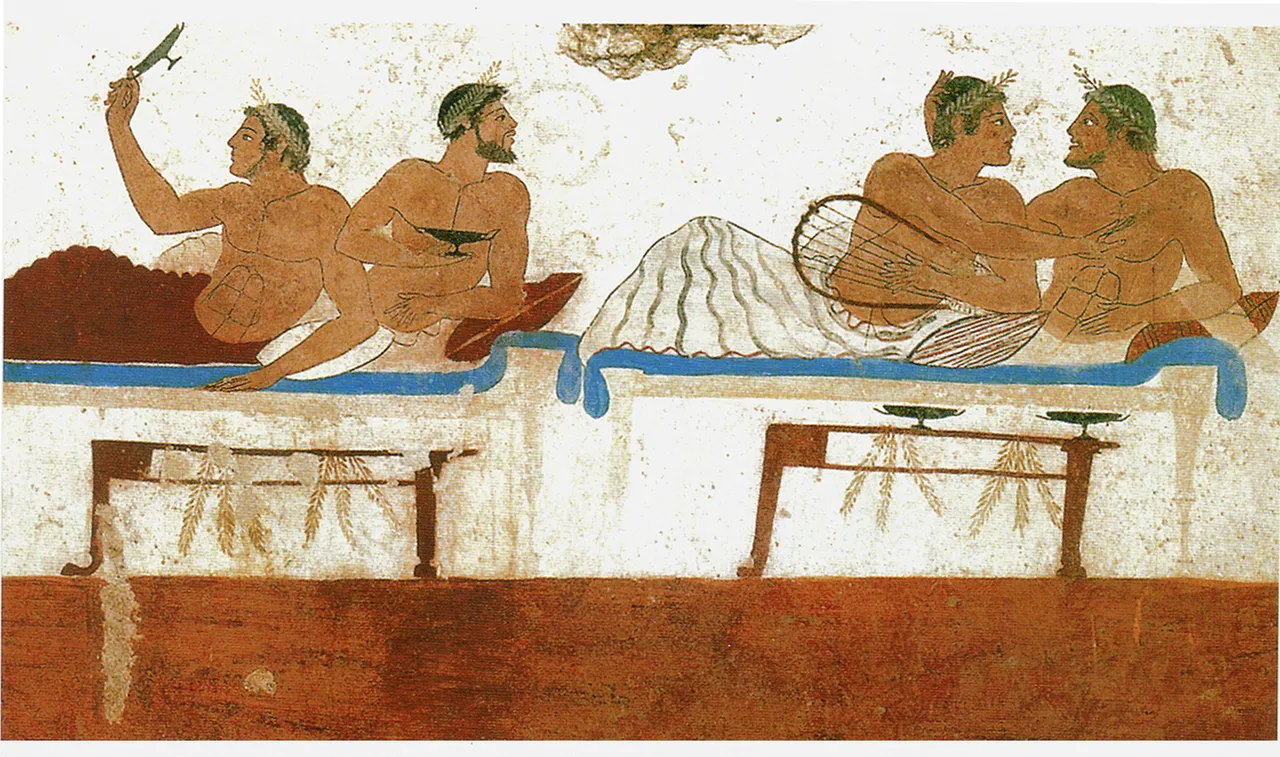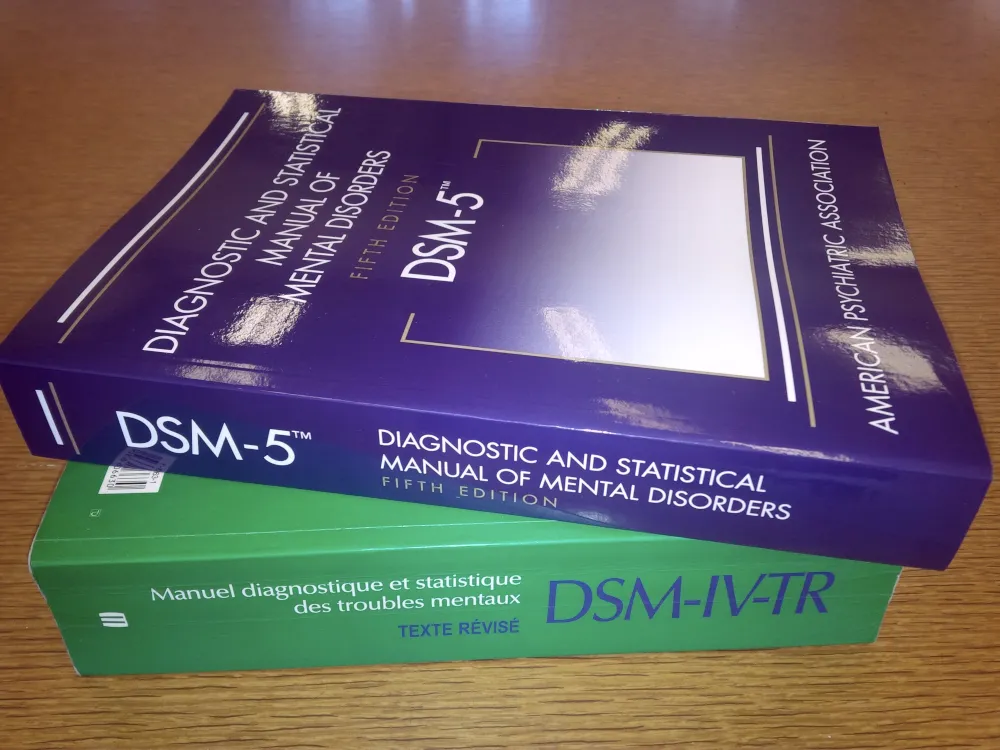Being

Credit: Samuel Astin. Unsplash. "Sky above. Earth below. Peace within." Public domain (Unsplash license)
There is a line (quoted from Digital Mafia Talkies) in the Netflix series Playlist that inspired this blog:
All this time I just thought that I was different, I was a bit more energetic. Not that I had a condition.
The character who speaks this line is based on the real-life person, Martin Lorentzon, who co-founded the music streaming company Spotify. Up to this point Lorentzon had been my favorite character in the show. When he spoke this line, I was as upset as he was, not because he supposedly had a 'condition' but because his childlike spontaneity had for him, in that moment, seemed like an albatross instead of a gift.
Lorentzon had just been told by Peter Thiel, founder of Paypal,
I liked your pitch, but have you ever thought you might have a condition?... ADHD, maybe.
Thiel goes on to explain,
I only point out that many of the successful entrepreneurs seem to be suffering from a mild form of condition.
Suffering

Credit: Camila Quntero. Unsplash. Public domain (Unsplash License
And then Martin processes this 'diagnosis',
...it's like I don't know where I end and where the condition begins.

Does Martin Lorentzon have a condition? Perhaps. But do we not all have a condition, the condition of being? In his assessment of Lorentzon's personality, Thiel is adhering to a psychological construct that carries the imprimatur of the American Psychiatric Association. Indeed, it carries the imprimatur of the entire professional psychiatric community as expressed in the DSM.
In the DSM, which is the prevailing diagnostic tool for all mainstream mental health professionals, conditions (disorders), are assessed on a normative basis. There have been five DSM revisions so far. In each new edition, 'disorders' are redefined as society changes. For example, in the DSM V (the most recent version of the book, published in 2013), the diagnosis homosexuality as ego-dystonic homosexuality, was dropped.
The change with regard to homosexuality is explained in the website Very Well Mind (emphasis in the following quote is mine, not the website's):
Some of these changes were based on changing societal norms. For example, in the DSM-III, homosexuality was diagnosed as ego-dystonic homosexuality. In the revision, this specific classification was removed.
So, in 2012, a homosexual was suffering from a disorder, but in 2014, the suffering stopped. Before the revised DSM, the suffering was apparently not in the mind of the homosexual, but it was in the way the therapist viewed the homosexual. Meanwhile the client, the 'patient', had to endure a diagnosis, the assessment of a 'condition', and likely an attempt at 'treatment'.
Painting from the Tomb of the Diver in Paestum, Italy, 470 BCE

Credit: Greenworlder. Public domain. It seems the homosexual condition has been around for a long time.
The inclination to medicalize personality differences (that is, personalities that are distinct from the usual, or norm) is reflected in the various editions of the DSM. In 1980, on the eve of the publication of DSM-III, psychologist Jonathan Raskin led an effort to survey practicing mental health professionals about their view of the DSM.
90.6% of respondents were using DSM-II, but more than 40% worried it distorted how clinicians perceive clients, medicalized psychosocial problems, had reliability and validity issues, stressed diagnosis at the expense of treatment, obscured individual differences, and over-pathologized people.
DSM-IV in French and DSM-V in English

Credit: F.RdeC. Used under CC 3.0 license
Raskin is a proponent of an approach to mental health that differs from the DSM model. He is past president of American Psychological Association‘s Society for Humanistic Psychology. A statement for the Society for Humanistic Psychologists:
recognize the full range and richness of the human experience and are dedicated to understanding and appreciating people holistically,...as continually evolving... We assume that optimally-functioning people are consciously aware, responsibly free to make choices in accordance with their values, interdependent, goal-directed, meaning-making, and creative in relation to their experience.

The humanistic psychologist practices what is known as a person-centered therapy. This is "characterized by genuineness, nonjudgmental caring, and empathy." In an open letter that addressed the diagnostic protocols of mainstream psychiatrists/psychologists, a group of humanistic psychologists called into question the validity of normative-based criteria.
The diagnostic categories proposed by these frameworks — the DSM, the ICD and newly proposed models such as the RDoC project — are based largely on social norms about what constitutes “normal” or desirable behavior or experience. Their definitions inevitably rely on subjective judgments, which are themselves grounded in cultural norms... no biomarkers, confirmatory physical “signs” or pathognomonic evidence of biological causation have been discovered for the putative pathologies represented by the category labels within these systems. ...Significantly, diagnostic categories do not consistently predict response to medication or other interventions.
Let us return now to Martin Lorentzon and his newly-discovered 'condition'. Lorentzon was not aware that he was suffering from anything. He was happy, brilliant, successful. People found him odd. His behavior did not fit an expected model. It was out of the norm. On the basis of this, and only this, he was told he had a 'condition'. He seems to have been devastated by the 'news'. He exclaims (in the Netflix show) that now that he knows he has a condition, he has to change.
Streaming Music

Credit: Sammy Sander on Pixabay
Happy Martin, who previously felt "fearless", is suffering, thanks to the DSM and its popularized idea of normative mental health. As for ADHD, the condition with which Peter Thiel diagnosed Martin, this 'disorder' was not even listed in the first DSM. In the second DSM the 'disorder' is called Hyperkinetic Reaction of Childhood,. The journal Neuropsychiatry of London explains that this title implies a focus "primarily on symptoms of excessive motor activity".
In DSM-III, the same condition was characterized as Attention Deficit Disorder. DSM-IV revamped the condition once again, and it became Attention Deficit/Hyperactivity Disorder (ADHD). DSM-V kept the name, but introduced with it three subtypes. Finally, there was a recent revision to DSM-V, with changes I won't try to describe. These are more or less refinements and clarifications of the previous ADHD description. If you want to read a description of the new revision, you are invited to do so here.
Conclusion

So what is Martin suffering from? Which ADHD diagnosis was Peter Thiel referring to? I've no doubt that Martin Lorentzon's brain, or neurological chemistry, is different from the norm--whatever that is. But being different is not a disorder. We all have different ways of being.
We must learn to cope with those ways in order to achieve our life goals. Some of us learn differently. Some of us have different ways of focusing. But pathologizing differences is not necessarily the path to achieving our life goals.
Accent Illustration
 : @agmoore (me) from LIL, the LMAC Image Gallery
: @agmoore (me) from LIL, the LMAC Image GalleryAccent Illustration
 : @muelli from LIL, the LMAC Image Gallery
: @muelli from LIL, the LMAC Image Gallery
1https://dmtalkies.com/the-playlist-ending-explained-2022-2swedish-netflix-drama-mini-series/
3https://tvshowtranscripts.ourboard.org/viewtopic.php?f=1555&t=57089
4https://investors.spotify.com/governance/board-of-directors/person-details/default.aspx?ItemId=ed8f2d4a-2958-490c-b842-cbc74641b5b9
5https://psycnet.apa.org/record/2007-04811-005
6https://dictionary.apa.org/humanistic-psychology
7https://www.meaning.ca/web/wp-content/uploads/2019/10/212-13-430-2-10-20171212.pdf
8@charlie777pt/humanism-and-existentialism-part-7-thomas-szasz-the-factory-of-madness
9https://psycnet.apa.org/record/2022-18157-001
10https://www.ncbi.nlm.nih.gov/pmc/articles/PMC7243207/
11https://psychclassics.yorku.ca/Rogers/therapy.htm
12https://www.psychologytoday.com/us/blog/making-meaning/201905/are-there-viable-alternatives-the-dsm-5
13https://www.saybrook.edu/2012/03/27/03-27-12/
14https://www.psychologytoday.com/us/blog/and-running/202111/5-tips-effective-work-personality-disorders
15https://www.ncbi.nlm.nih.gov/pmc/articles/PMC3955126/
16https://www.apadivisions.org/division-32/leadership/task-forces/diagnostic-alternatives
17https://www.apa.org/about/division/div32
18https://www.psychologytoday.com/us/blog/you-are-not-meant-be-happy/202110/over-medicalizing-suffering-undermines-mental-illness
19https://www.brown.edu/Departments/Joukowsky_Institute/courses/greekpast/4716.html
20https://www.verywellmind.com/dsm-friend-or-foe-2671930
21https://pubmed.ncbi.nlm.nih.gov/7457641/
22https://dsm.psychiatryonline.org/doi/book/10.1176/appi.books.9780890425787
23https://www.apa.org/monitor/2012/01/statement-dsm
24https://www.psychiatry.org/
25https://www.adxs.org/en/page/175/diagnostic-adhd-symptoms-according-to-dsm-icd-wender-utah-et-al
26https://www.facebook.com/165954086910361/posts/dr-hartner-and-dr-theurer-researchers-in-philosophy-and-the-social-sciences-publ/1046712868834474/
27https://www.researchgate.net/publication/258151885_Humanistic_Psychology_Alive_in_the_21st_Century
28https://hawksites.newpaltz.edu/psychology/archives/1028
29https://thelittlerebellion.com/index.php/2019/12/jonathan-raskin-professor-of-psychology-and-president-of-division-32-lets-us-have-a-peek-into-his-brain/
30https://www.ncbi.nlm.nih.gov/pmc/articles/PMC4283446/
31https://scholarworks.calstate.edu/downloads/kd17cv84k
32https://eternalisedofficial.com/2021/01/28/dasein-being-in-the-world/
